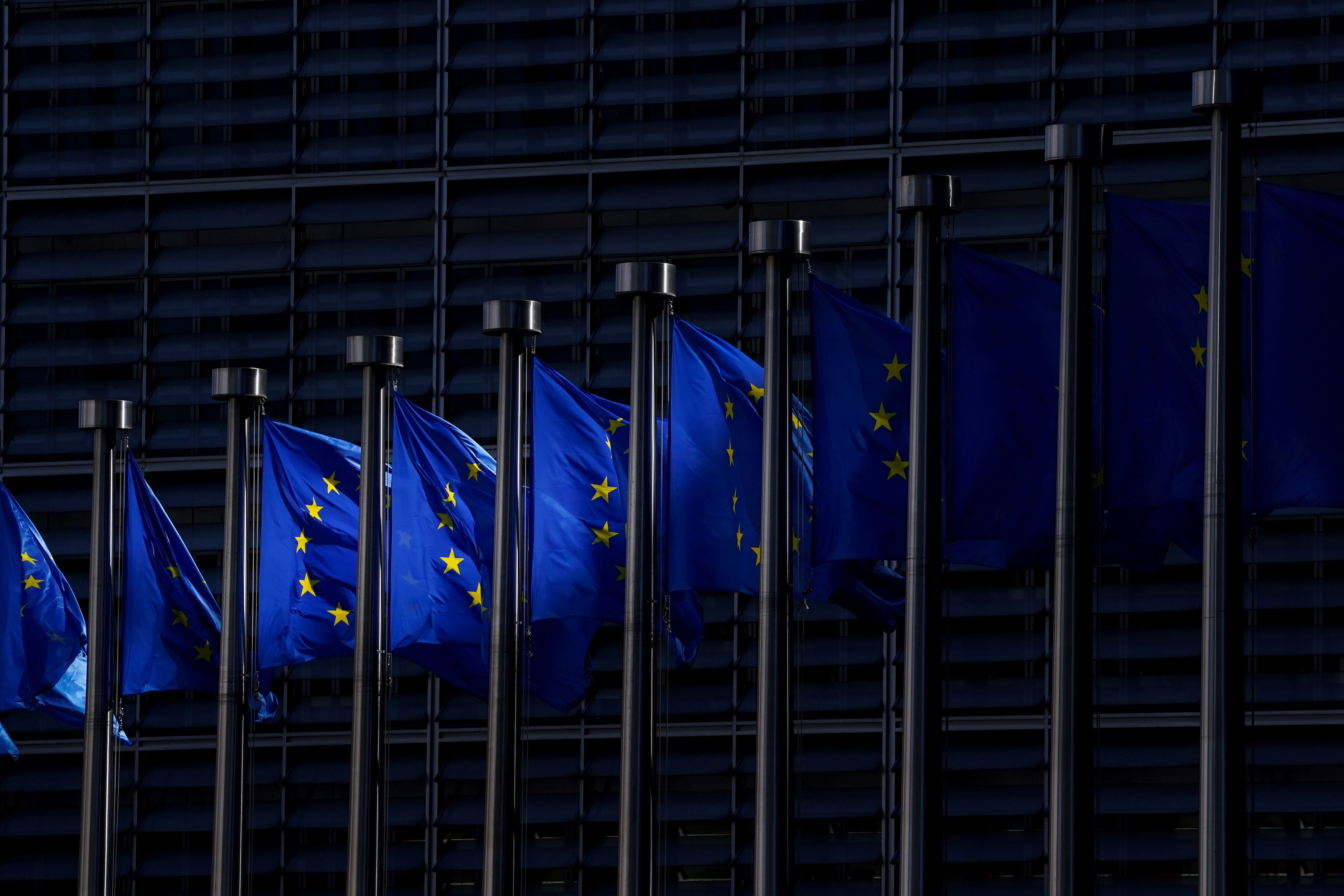PARIS – France remained in the world’s top five defense exporters in 2019 with €8.3 billion ($9.3 billion) worth of contracts signed, notably with European partners Belgium, the Netherlands, Hungary and Spain, according to a defense ministry report published this week.
Half of these contracts were in the naval sector, a very sharp rise from the average 10 percent this sector represented in the past. The contract to replace the mine-hunters for the navies of Belgium and the Netherlands, a program piloted by Belgium on behalf of the two nations, accounted for more than 40 percent of naval sector sales.
These sales also partially explain the very sharp rise in 2019 of exports to EU member states: 42 percent of the total, a figure that rises to almost 45 percent if one includes European non-EU members, compared to 25 percent in 2018 and an average 10-15 percent in previous years. The next major export client was the United Arab Emirates (with the Gowind corvette contract) but the 30 percent share of exports in the Africa/Middle East zone was 20 points down compared to 2018 but also compared to the average of the past decade.
RELATED

The report notes that France’s exports are, above all, aimed at preserving its own security by establishing bilateral cooperations with European countries and strengthening transatlantic ties. The bilateral cooperations are high-level, long-term, intergovernmental agreements and exports to help the partner nations strengthen and adapt their military capacity. The sale of 16 H225M helicopters and 20 H145M helicopters to Hungary, of two telecommunication satellites to Spain and of the mine-hunters to Belgium and the Netherlands illustrate this philosophy.
These exports are on par with those of the past decade “and were obtained in a particularly competitive context with the confirmation of U.S. supremacy and the emergence of new major exporters (notably China).” The parliamentary report also notes that Russia “occupies a very strong position on markets with limited financial resources […] notably to conquer clients outside its traditional sphere of influence. Over the past few years, Russia has strengthened its position on the Asian markets, in the Middle-East and in north Africa.”
There were 4,634 export licenses delivered in 2019, either for transfer of equipment (within the European Union) or for export (to all non-EU countries). But each license does not necessarily mean that an export took place, they merely give the framework for the authorization and establish the conditions for the export. Twenty-five license requests were turned down and some 110 were withdrawn by the applicant.
Christina Mackenzie was the France correspondent for Defense News.








